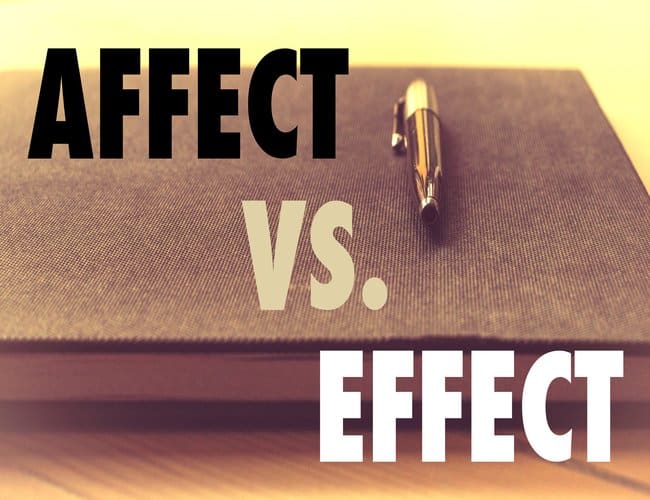
by Liz Bureman |
I play kickball on a league in Denver, and if you haven’t tried playing this playground game as a grown person, I highly recommend it.
I was talking about my team with someone this past weekend, and they asked, “Oh, it’s like intramural kickball?” I said yes, although it is weird to hear someone use the word intramural outside of college.
Also, it’s definitely intramural, not intermural. But what’s the difference?

by Liz Bureman |
A few years ago, I rented a car. Normally this wouldn’t be a memorable event. But an appalling misuse of grammar burned it into my mind, and years later, I haven’t forgotten.
You see, when I went to the airport to return the rental, I saw this wonderfully instructive sign:
Please… LEAVE “KEYS” IN CAR!
And this brings me to today’s grammar lesson: how and when to use quotation marks.

by Liz Bureman |
Today we’re looking at a literary device that you’re probably using in everyday speech, even if you didn’t know the name of it. Let’s define synecdoche, look at some examples, and talk about how you can use it in your writing.

by Liz Bureman |
If the semicolon was just a little less top-heavy, then it would be a comma, and rightfully used and appreciated. Sadly, many writers have a confused relationship with the semicolon, not really sure how or when to use semicolons in their lovely sentences.
Don’t worry, little semicolon. Your virtues will not be lost on this audience as long as I have a say in it.

by Liz Bureman and Sue Weems |
Most of the fun of writing is using your words to tell a story. They course across the page, delighting in the joys of Maureen finally finding her Henry, shuddering as Ingrid uncovers her third dead body of the day, or mourning with Carlos for his lost mother. But I’m not here to talk about words. I’m here to sing the praises of punctuation; specifically, the Oxford comma.
Most people I’ve met have no idea what the Oxford comma is, but it’s probably something that you have used in the past. What is it?

by Liz Bureman |
The primary rule of thumb when it comes to affect and effect is the following:
Affect is a verb. Effect is a noun.
Knowing this will generally get you through most confusion between these two words.





